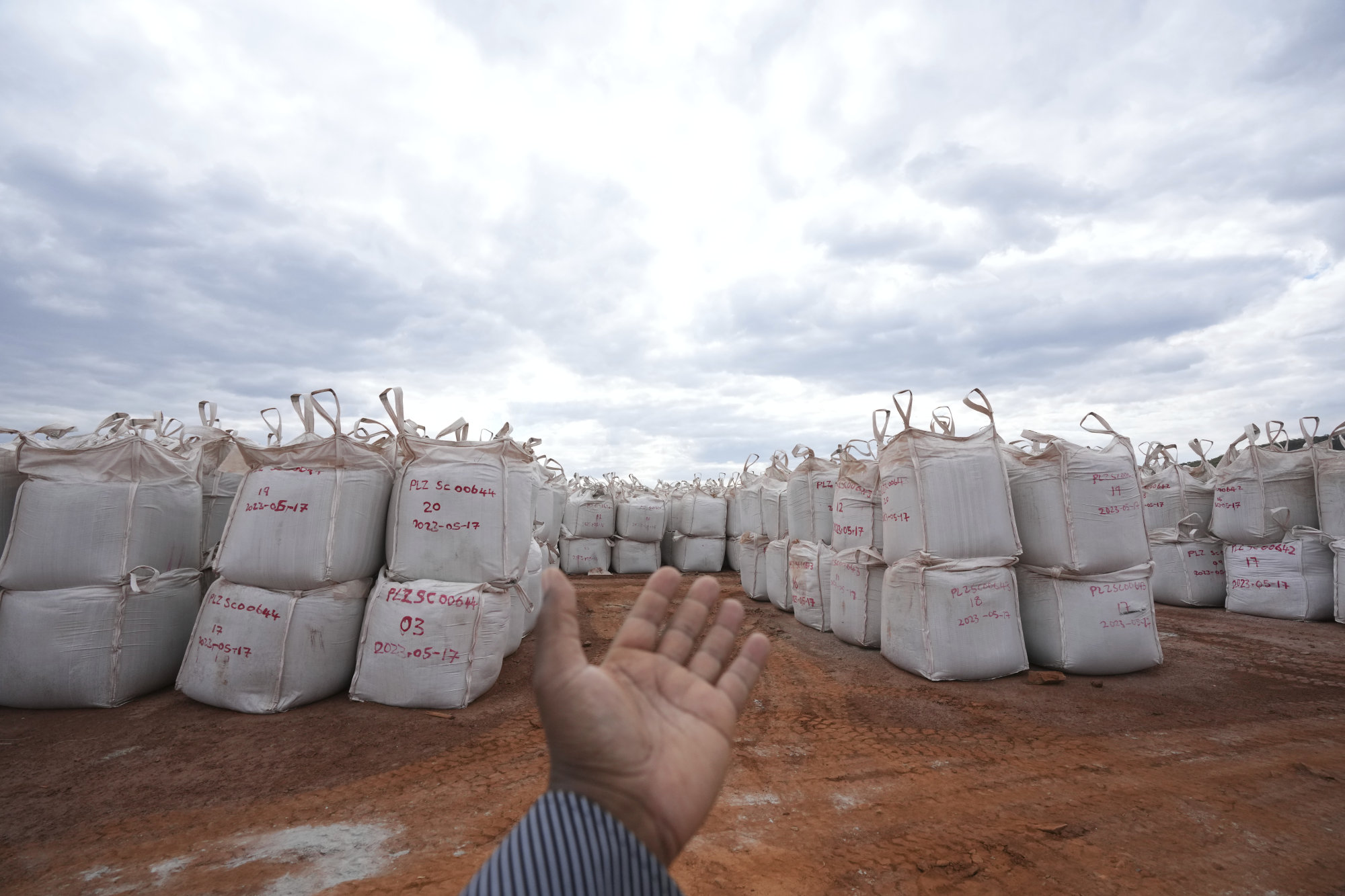China-Africa trade gets a boost from critical minerals needed for EV battery
Meanwhile, China’s exports to Africa increased 4.4 per cent, rising to US$41.4 billion.

Angola, for example, ships most of its oil to China. The DRC, meanwhile, is the world’s largest producer of cobalt, essential in the manufacture of EV batteries and smartphones. It exports the vast majority of this mineral to China.
The country, which is China’s most important African trading partner, mostly sells metals to China, including gold, diamonds, platinum, manganese ore, iron ore, chromium ore and zinc ore, while it buys broadcasting equipment, computers, electric batteries, motor vehicles and electrical transformers.
In the first two months of 2024, Zimbabwe’s trade with China jumped 77.6 per cent year on year, driven by an increase in exports of Zimbabwean products, including lithium and tobacco.
According to the customs data, Zimbabwe’s exports to China rose 255.5 per cent in the period to US$320.54 million. However, it is likely this figure is so high because in the same period in 2023, most of the new lithium processing plants had not started operations.
Gold prices have soared and so this might be part of Africa helping China change its foreign exchange reserves mix.
“Gold prices have soared and so this might be part of Africa helping China change its foreign exchange reserves mix. Oil and copper have risen recently too,” Robertson said.
“Commodities and particularly gold are probably responsible for rising African exports to China.”
Lauren Johnston, associate professor at the University of Sydney’s China Studies Centre, said Africa enjoyed a trade surplus with China during the commodities boom. But now, as commodities prices and currency movements had become more volatile, so too had the trade numbers.
Johnston said while lower commodities prices might not be good news for resource-rich countries, they were useful for countries such as Kenya and Ethiopia that were net commodity importers.
“Cheaper imports would help fuel their growth and, in turn, drive more imports from China,” she said.

But recently, the price of two essential commodities – oil and copper – has been rising, mostly driven by increased demand and geopolitical risks, including Russia’s invasion of Ukraine and the ongoing war in the Middle East. Gold, too, has been gaining in value.
“China has been ramping up gold imports from Africa as the Chinese middle class moves to preserve their wealth amid real estate woes, global geopolitics and tensions around the role of the dollar, and the stock market slump,” Johnston said.
Ovigwe Eguegu, policy analyst at Beijing-based consultancy Development Reimagined, said it was government support measures rolled out in the second half of 2023 to boost business, consumer confidence and private sector…
Read More: China-Africa trade gets a boost from critical minerals needed for EV battery

